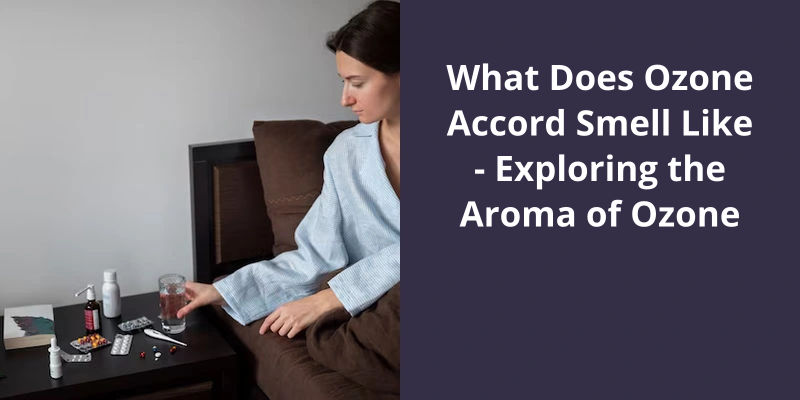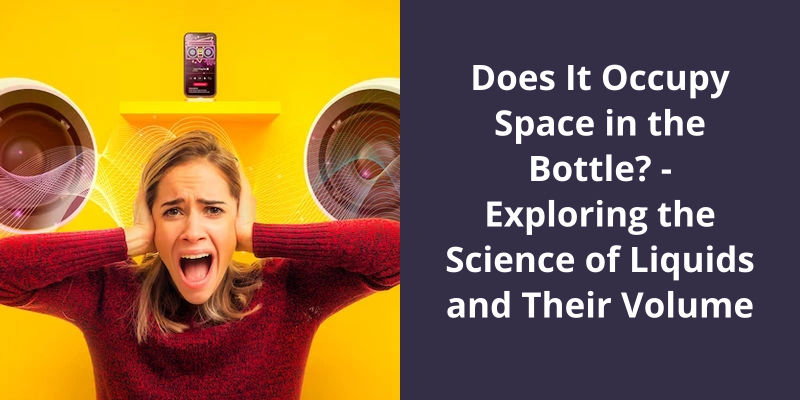The IFRA (International Fragrance Association) category for bath bombs is category 9, labeled as “rinse-off products.” This category also includes soaps, shower gels, shampoo, bath foams, and other products that are washed off the skin right after application. Understanding this category is crucial because it guides how much fragrance can be safely used in bath bombs. IFRA provides these guidelines to protect consumers from potential irritation or allergic reactions caused by certain fragrance materials. Each fragrance oil has a specific IFRA level, and for category 9 products, the fragrance level can usually go up to roughly 3% – 15%. Thus, when making bath bombs, it’s important to follow these regulations to ensure the safety and comfort of users.

What Are the Categories in IFRA?
Fine fragrances of all types (colognes, perfumes, eau de toilette, eau de parfum, etc.), as well as fragrances for household and personal care products (fabric softeners, shampoos, soaps, etc.),are also included in the list of categories of IFRA. Additionally, categories for aerosol and non-aerosol sprays, candles, and incense are included.
Each category contains a specific set of guidelines and standards that ensure that fragrances are safe for the consumer and the environment. These guidelines include maximum usage levels, prohibited ingredients, and mandatory labeling requirements. The IFRA’s standards are continually assessed and updated based on scientific research to ensure they remain relevant and effective.
The IFRA’s mission to promote the safe use of fragrances is critical as fragrances play a significant role in our daily lives. They can evoke emotions, memories, and enhance our overall mood. However, if used improperly, fragrances can also cause adverse reactions such as skin sensitization, respiratory issues, and headaches.
It takes up responsibility to ensure that fragrances aren’t harmful to humans and the environment. The most common toxins found in fragrances include phthalates and synthetic musks. By following the guidelines set forth by the IFRA, fragrance companies can minimize the presence of these chemicals in their products.
The categories they”ve established cover a wide range of products, and the guidelines they”ve set forth ensure the standards remain high. Their work is essential to the industry, and their mission to promote safe fragrance use will continue to be relevant and necessary for years to come.
Now that we’ve covered the basics of IFRA categories, let’s take a closer look at Category 6. This particular category pertains to products that are meant for oral or lip exposure – a specific designation with distinct regulations and guidelines. Understanding the IFRA categories and their corresponding product descriptions is crucial for manufacturers and producers looking to ensure the safety and compliance of their products.
What Is IFRA Category 6?
IFRA stands for International Fragrance Association, and it’s an organization that regulates the use of fragrances in consumer products. IFRA has recently updated it’s regulations and released the 49th Amendment, which includes a new category called IFRA Category 6.
IFRA Category 6 includes products with oral and lip exposure. This category specifically covers products like lip balms, toothpaste, mouthwash, and other similar products that come in direct contact with the mouth and lips. These products need to comply with strict regulations set by IFRA to ensure the safety of consumers.
The IFRA 49th Amendment includes regulations for several product categories such as 5D Baby Creams, baby oils, and baby talc, 7A rinse-off products applied to the hair with some hand contact, and many more. Each product category has specific regulations and guidelines that manufacturers need to follow to ensure that their products are safe for consumers.
Product Category 5D covers baby creams, oils, and talcs. These products are designed for infants and young children and need to be formulated to be gentle and non-irritating. IFRA has set strict guidelines for fragrances used in these products to ensure that they don’t cause any allergic reactions or skin sensitization.
Rinse-off hair products with hand contact fall under Product Category 7A. This category includes shampoos, conditioners, and other hair care products that come in contact with the skin on the hands and scalp. These products need to be formulated to be gentle and non-irritating to avoid any adverse reactions on the scalp or hands.
The History and Evolution of IFRA Regulations on Fragrance Use in Consumer Products
- IFRA (International Fragrance Association) was founded in 1973 in Geneva, Switzerland.
- IFRA sets standards for the safe use of fragrances in consumer products, such as perfumes, candles, and air fresheners.
- IFRA’s regulations are based on scientific research and aim to prevent potential health risks and allergies from fragrance ingredients.
- IFRA updates their regulations regularly to ensure the safety of fragrance use in consumer products.
- In 2013, IFRA released their 47th amendment, which banned the use of certain fragrance ingredients, including oak moss and tree moss, due to potential allergic reactions.
- IFRA’s regulations also address the use of fragrances in specific products, such as baby products, cosmetics, and cleaning products.
- IFRA’s regulatory framework is voluntary, but many companies in the fragrance industry follow their guidelines to demonstrate their commitment to safety and responsibility.
Conclusion
Category 9 covers soap, bath bombs, and rinse-off products, while category 4 includes lotion and leave-on products. Adhering to the guidelines set forth by IFRA helps ensure the safety and quality of bath bombs, protecting consumers from potential allergic or irritant reactions. Ultimately, by prioritizing consumer safety and quality, the bath bomb industry can continue to thrive and provide consumers with unique and enjoyable self-care products.





